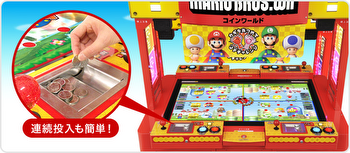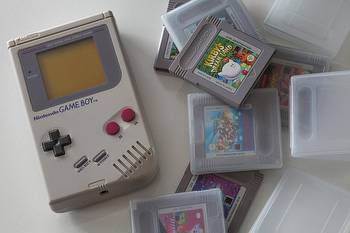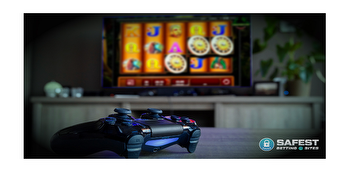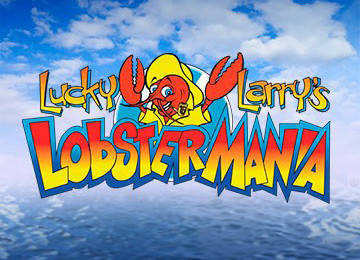Pokémon and Mario games would carry 18+ rating under new rules
Games like Pokémon and Super Mario would have to be rated 18+ if they were re-released in Europe today as a result of changes to regulatory standards.
Updated criteria from the Pan European Gaming Information (PEGI) classification system will now see any game found to be ‘teach[ing] and/or glamoris[ing] the use of games of chance that are played/carried out as a traditional means of gambling’ given an 18 age rating.
These would include ‘types of betting or gambling for money that is normally played or carried out in casinos, gambling halls, or racetracks’, but not ‘games where betting or gambling is simply part of the general storyline’.
In other words, games which are not about gambling but which offer minigames and other bonus features showing gambling- or casino-related activities (like slot machines and table games) would be inaccessible to under-18s.
Under these new rules, games currently rated as 12 or 16 would now be barred from minors. These would include the Pokémon Blue, Red and Yellow games, whose Game Corner (featuring simulations of slot and card games) would be classified as promoting gambling.
Similarly, Luigi’s range of minigames in Super Mario 64 DS (including titles like Picture Poker, Mario Slot and Mushroom Roulette) would place that title on the list of new age-restricted games, despite these games not actually involving the exchange of real money.
The changes only apply for games released after 2020, however, so existing games will still be able to carry their existing age rating. However, if these games were to be re-released (which has happened as recently as 2016), they would be required to carry a rating of 18. Imagine children being banned from playing Pokémon!
The move by PEGI may well be seen as a genuine effort to stamp out the promotion of gambling among minors. Nonetheless, it doesn’t really do much to change the fact that many video game companies are effectively operating as unregulated gambling providers through the promotion of loot boxes and in-game virtual casinos which actually accept real money, notably the casino featured in Grand Theft Auto V.
Rather than these mere cosmetic changes announced by PEGI, surely more needs to be done to properly regulate operators who are letting players part with their money and facing no kind of oversight.







































